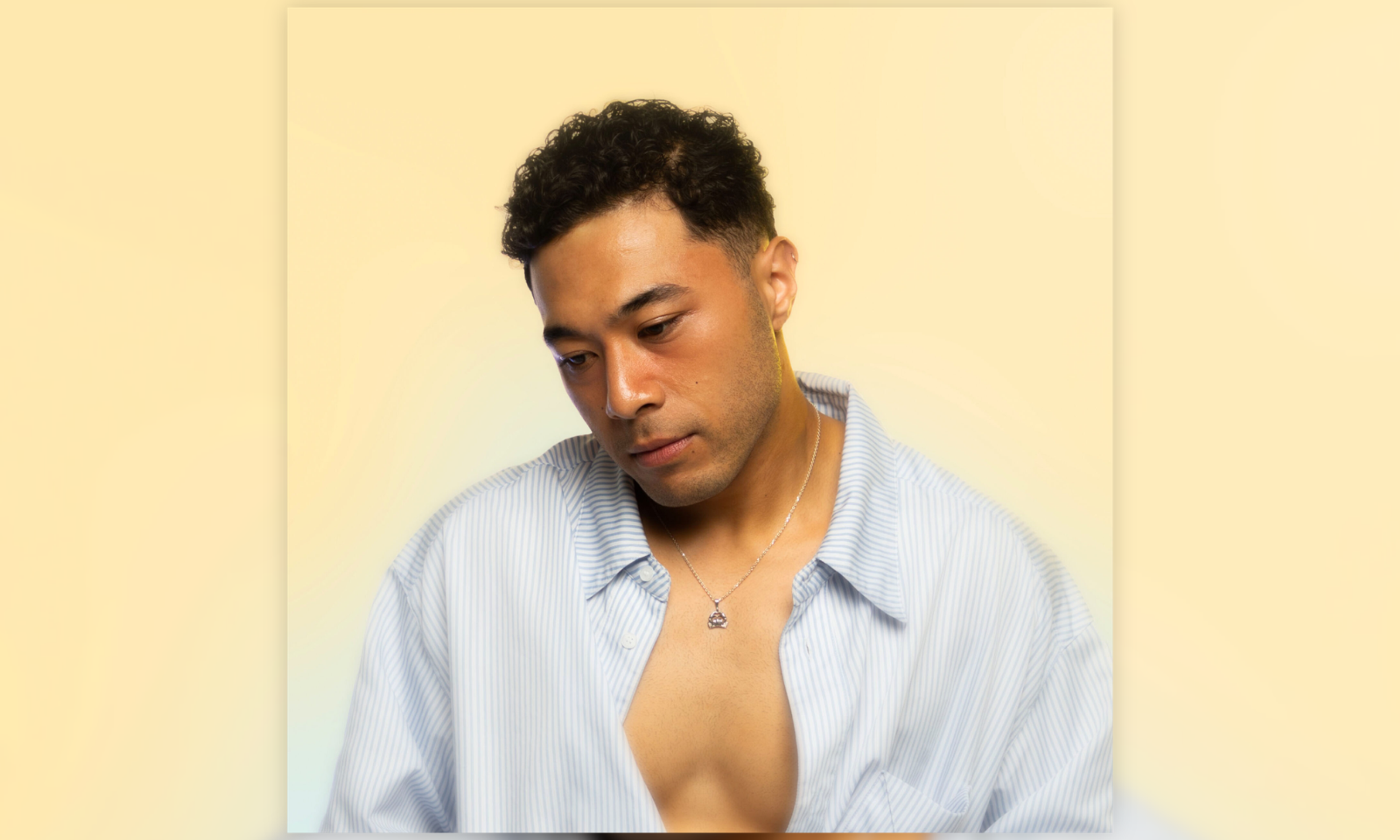

Dr Phillip Borell says the high rate of alcohol abuse and addiction to gambling in professional rugby players is a concern.
Photo/Supplied
Rugby players have high risk of alcohol, gambling addictions, new study shows
Dr Phillip Borell, of Canterbury University, says the data reveals problems off the field.



Tyrun re-imagines Niuean love in smooth new R&B single ‘Fila’

Digital Lifeline: New app helps Sāmoans abroad reclaim their heritage



Tyrun re-imagines Niuean love in smooth new R&B single ‘Fila’

Digital Lifeline: New app helps Sāmoans abroad reclaim their heritage
New data has found that alcohol abuse and gambling addiction are higher among professional rugby players in Aotearoa New Zealand.
The study, released by BMJ Open Sport & Exercise Medicine, showed players from five Super Rugby teams were sent an online questionnaire, relating to mental health and lifestyle choices. This included drinking, smoking, recreational drug use, and gambling.
Of the 105 players who participated, 51.6 per cent were at moderate to high risk of alcohol-related harm, 20 players (19 per cent) reported engaging in gambling, with five players finding gambling a problem.
There were symptoms of depression reported by 21 per cent of the players surveyed. However, no one reached the ‘mild depression’ threshold of the Patient Health Questionnaire for Depression.
Senior Lecturer at the University of Canterbury, Dr Phillip Borell, told Pacific Mornings’ William Terite, that professional rugby players and other top-level athletes throughout New Zealand have a higher chance of getting addicted to alcohol and gambling.
Watch Dr Phillip Borell's interview below.
“I think that it’s indicative of some problems in rugby. Is it is it solely rugby? I'd be remiss to say that I think a lot of sports particularly at the higher level have a number of issues.”
There are already systems in place to help players deal with issues like gambling and alcohol abuse, he says.
“Still, these facilities are often unutilised as players are afraid to show weakness.
“At the high performance level, there are a number of protective layers for athletes.
“Most players playing Super Rugby will have people that they can go to for help and support. But whether or not they turn to these people, that's an entirely different question.
“I think we know that particularly with male athletes - showing any sign of weakness, particularly in a professional organisation, maybe something that they're reluctant to do.”
Borell says many athletes who play professionally are under a lot of pressure since their livelihoods depend on their performance.

Professional rugby players are at a higher risk of alcohol harm and gambling addiction. Photo/Supplied
So when they get injured or aren't offered contracts, it can lead to depression, he adds.
“This is pretty common across a number of different elite sports. As the pressures increase, you know, you've got, you're playing sport for your career. So if you suffer an injury, or you don't pick up a contract, that's your career potentially in jeopardy.
“So, I imagine that the mental health impacts of that are really impactful.”
According to Borell, when fans see their rugby heroes struggling through the same struggles as they are like anxiety, depression and gambling addiction, it humanises the athletes and encourages people to seek help.
“When we see our athletes being vulnerable, whether it's anonymous through a survey or we can actually see something that we can relate to, it has to have a positive impact in the community.
“I think when people hear that our athletes suffer anxiety, they suffer the same depressive issues, the same vices that we have.
“It reminds us that they're human. It reminds us that athletes are human, they're not just commodities for us to consume, they're just like us.”